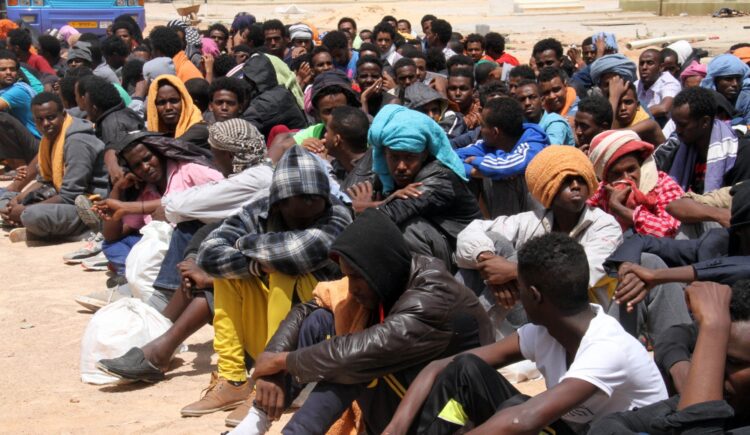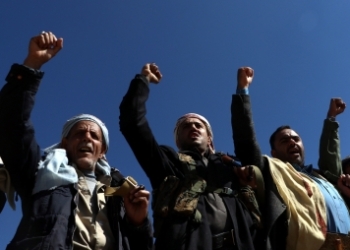United Nations: Unemployment is the leading factor driving people in sub-Saharan Africa to join violent extremist groups, according to a UNDP report.
The report, titled ‘Journey to Extremism in Africa: Pathways to Recruitment and Disengagement’, underscores the importance of economic factors as drivers of recruitment.
Lack of income, job opportunities and livelihoods means that “desperation is essentially pushing people to take up opportunities, with whoever offers that,” said Achim Steiner, administrator of UNDP, speaking at the report launch.
Nearly 25 per cent of all recruits cited a lack of job opportunities as their primary reason, while 40 per cent stated that they were “in urgent need of livelihoods at the time of recruitment,” he added.
With nearly half of global terrorism deaths in 2021 occurring in sub-Saharan Africa, it has become the new epicentre of violent extremism, Xinhua news agency reported.
Nearly 2,200 people were interviewed in eight countries, including Burkina Faso, Cameroon and Chad.
The interviewees include more than 1,000 former members of violent extremist groups, both voluntary and forced.
Unemployment was named as the main factor by a quarter of those who volunteered, an increase of 92 per cent from the last UNDP study in 2017.
Forty-eight per cent of voluntary recruits said “a triggering event” led them to sign up.
Of that figure, some “71 per cent cited human rights abuses they had suffered, such as government action,” said Nirina Kiplagat, main author of the report and UNDP Preventing Violent Extremism technical lead in Africa.
Among the triggers cited were seeing a father arrested, or seeing a brother taken away by national military forces.
Peer pressure from family or friends, including following their spouses into extremist groups, is cited as the second most common driver of recruitment.
Nearly 17 per cent of interviewees cited religious ideology as the third most common reason for joining. This presents a 57 per cent decrease from the 2017 findings.
This is the third report in a series that examines how to prevent violent extremism. It highlights the urgent need to move away from security-driven responses to development-based approaches focused on prevention, said UNDP.
A greater investment is recommended in basic services such as child welfare and education, as well as rehabilitation and community-based reintegration.
Steiner said a “toxic mix” was being created of poverty, destitution, and lack of opportunity, with so many citing the “urgent need to find livelihoods”. It is tantamount to a society “no longer having a rule of law, turning to some of these violent extremists’ groups to provide security”.
Security-driven counter-terrorism responses are often costly and minimally effective, said the UNDP administrator, and investments in preventive approaches to violent extremism are inadequate.
In the Sahel, terrorist cells such as ISIS, Boko Haram, and al-Qaeda emerge as a result of local conditions, but then amass weapons and secure financing.
“The geopolitical dimension should not surprise anyone,” said Steiner, where states are no longer able to provide the rule of law or meaningful national security, “then the opportunity for other actors to become part of this drama grows exponentially, we have seen it in Mali, we have seen it in Libya, we have seen it at the Horn of Africa.”
Additionally, the report identified factors that cause recruits to leave armed groups, such as unmet financial expectations or a lack of trust in the group’s leadership.
(IANS)













